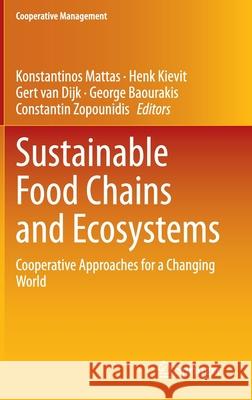Sustainable Food Chains and Ecosystems: Cooperative Approaches for a Changing World » książka
topmenu
Sustainable Food Chains and Ecosystems: Cooperative Approaches for a Changing World
ISBN-13: 9783030396084 / Angielski / Twarda / 2020 / 153 str.
Sustainable Food Chains and Ecosystems: Cooperative Approaches for a Changing World
ISBN-13: 9783030396084 / Angielski / Twarda / 2020 / 153 str.
cena 684,33
(netto: 651,74 VAT: 5%)
Najniższa cena z 30 dni: 655,41
(netto: 651,74 VAT: 5%)
Najniższa cena z 30 dni: 655,41
Termin realizacji zamówienia:
ok. 16-18 dni roboczych.
ok. 16-18 dni roboczych.
Darmowa dostawa!
Kategorie:
Kategorie BISAC:
Wydawca:
Springer
Seria wydawnicza:
Język:
Angielski
ISBN-13:
9783030396084
Rok wydania:
2020
Wydanie:
2020
Numer serii:
000607005
Ilość stron:
153
Waga:
0.41 kg
Wymiary:
23.39 x 15.6 x 1.12
Oprawa:
Twarda
Wolumenów:
01
Dodatkowe informacje:
Wydanie ilustrowane











